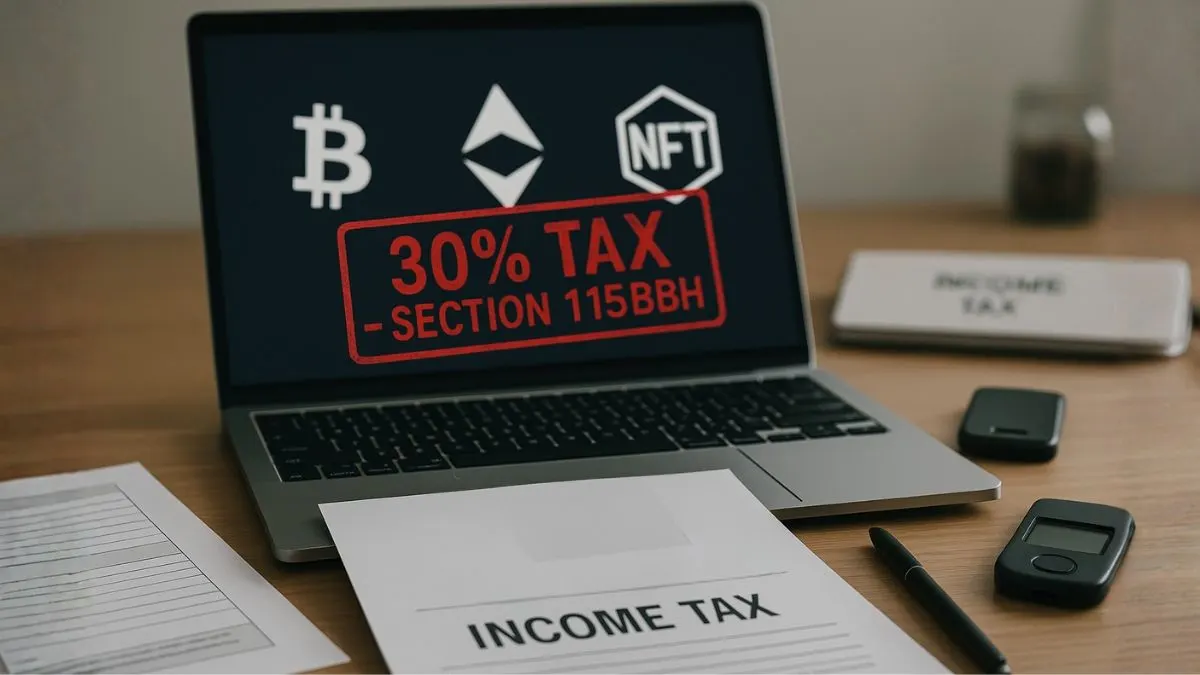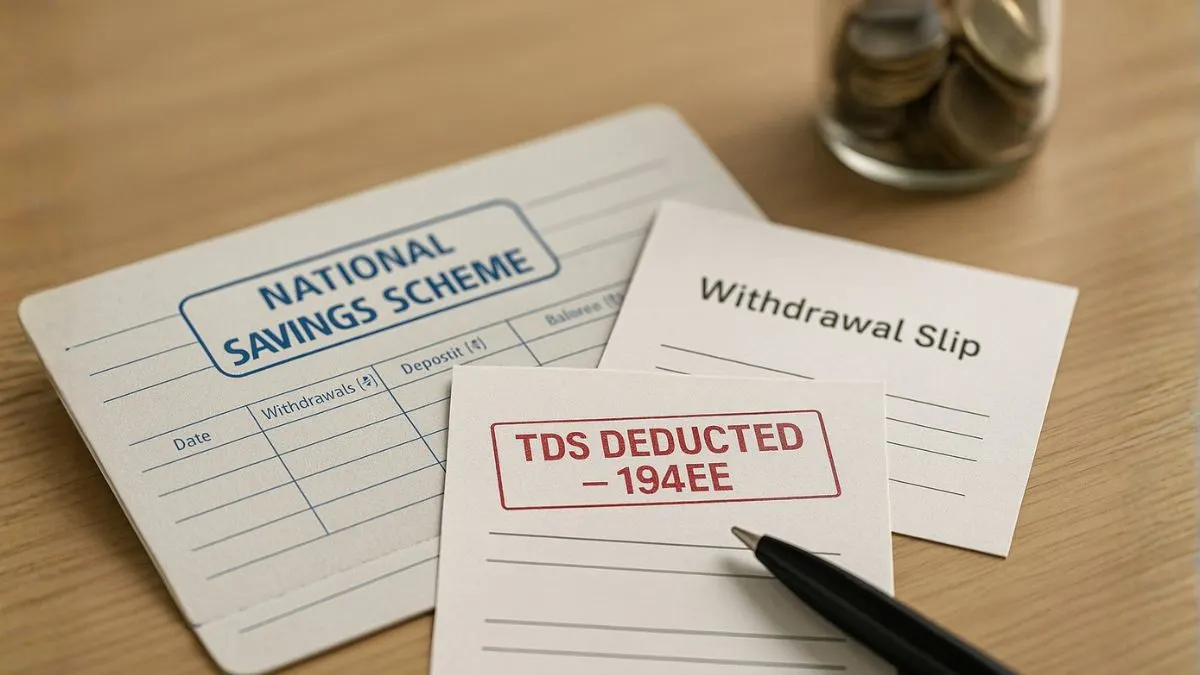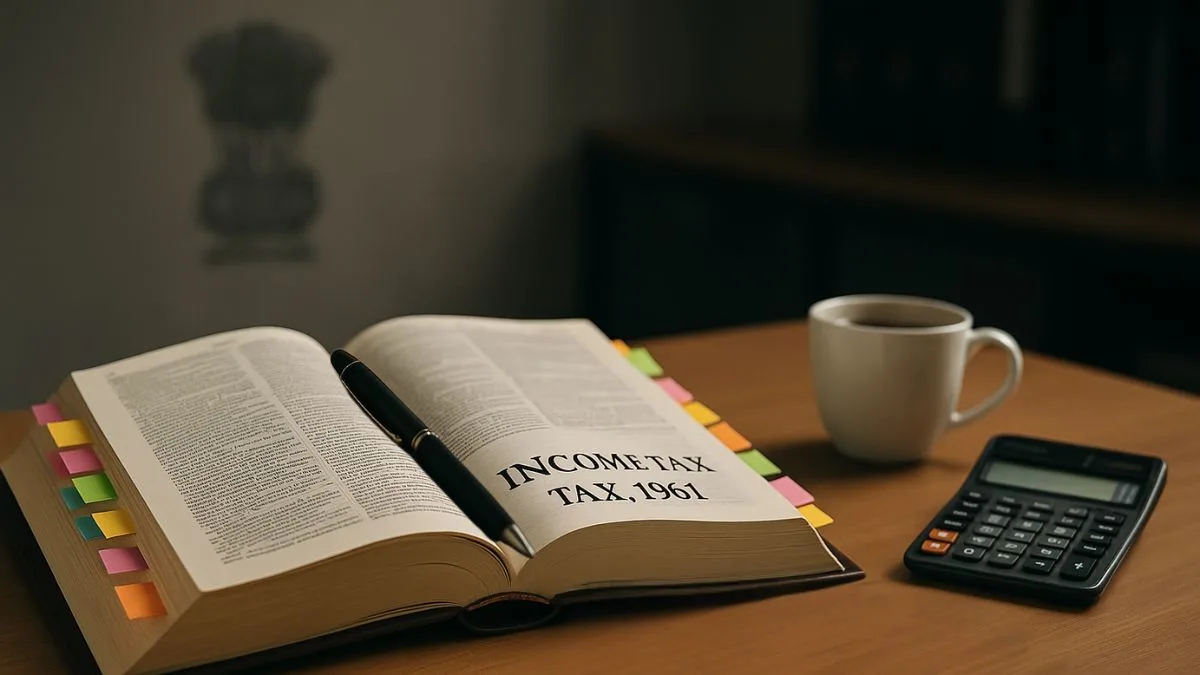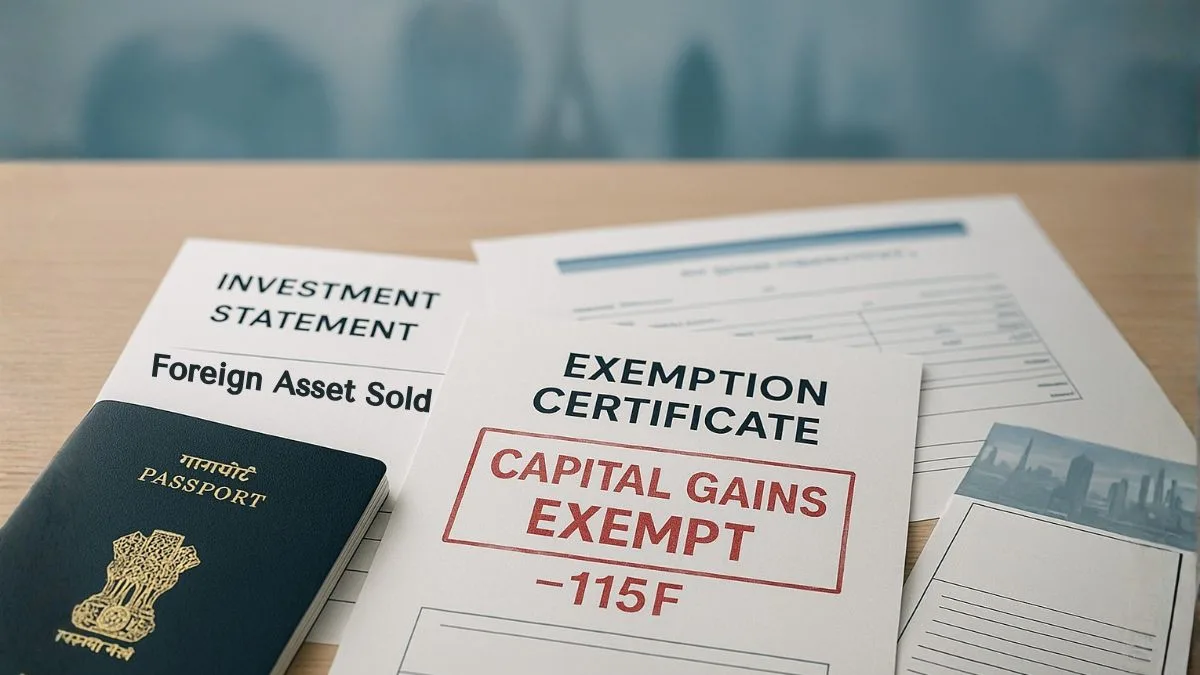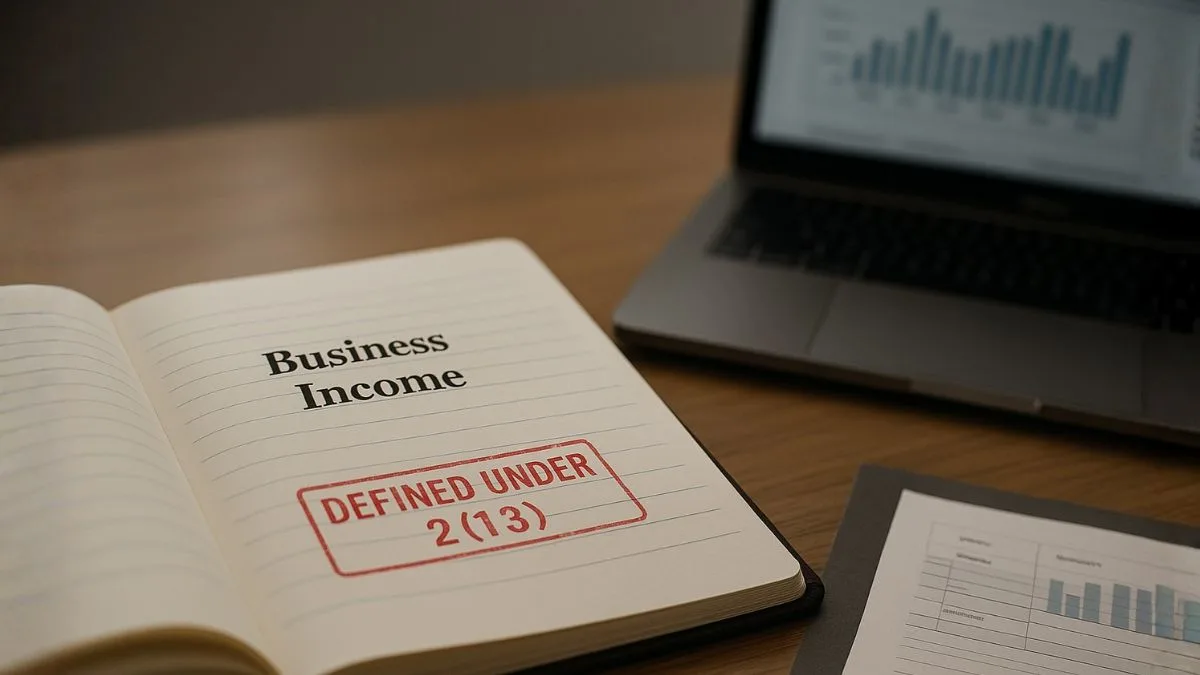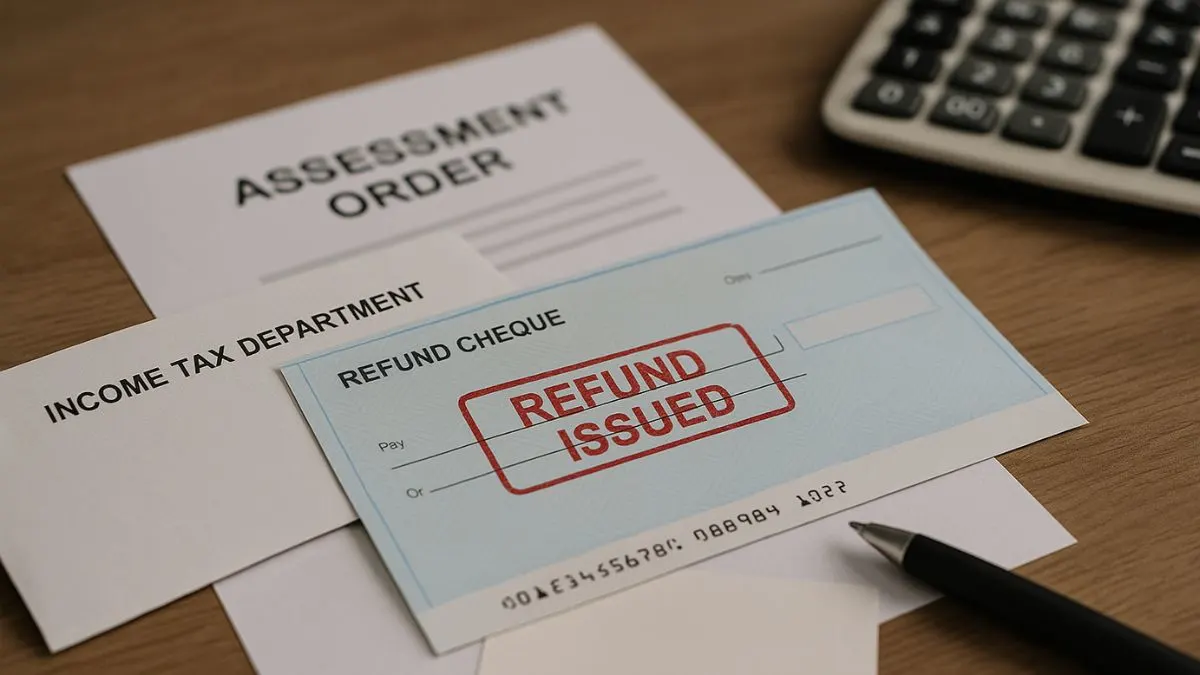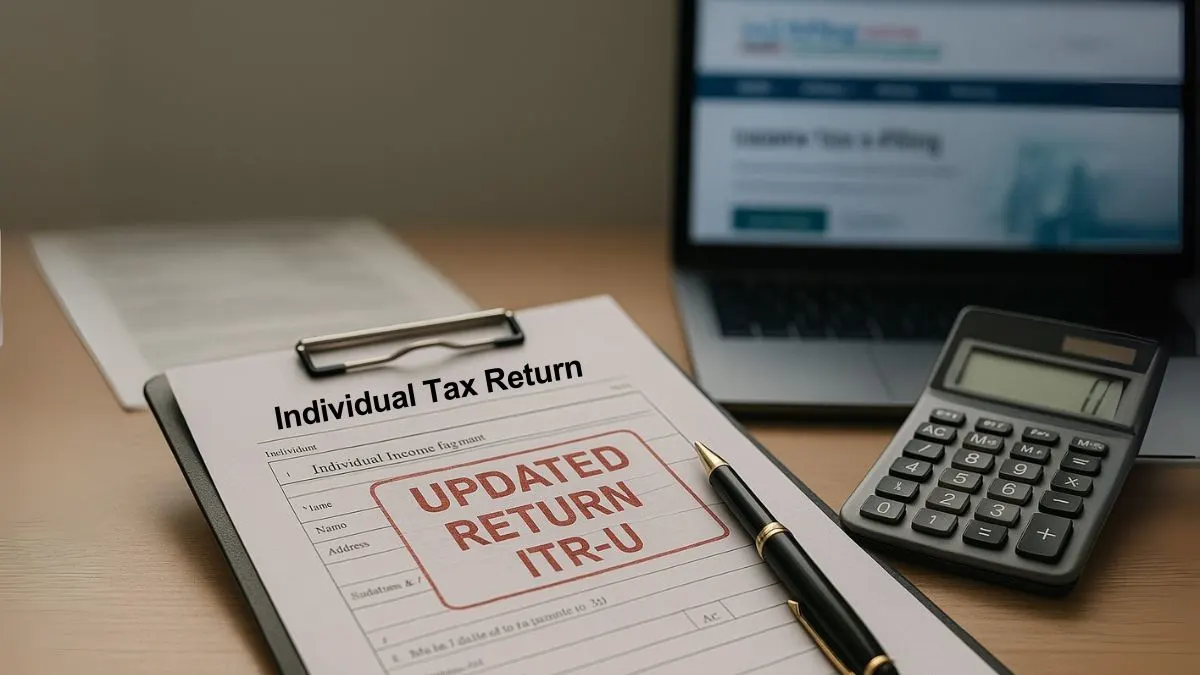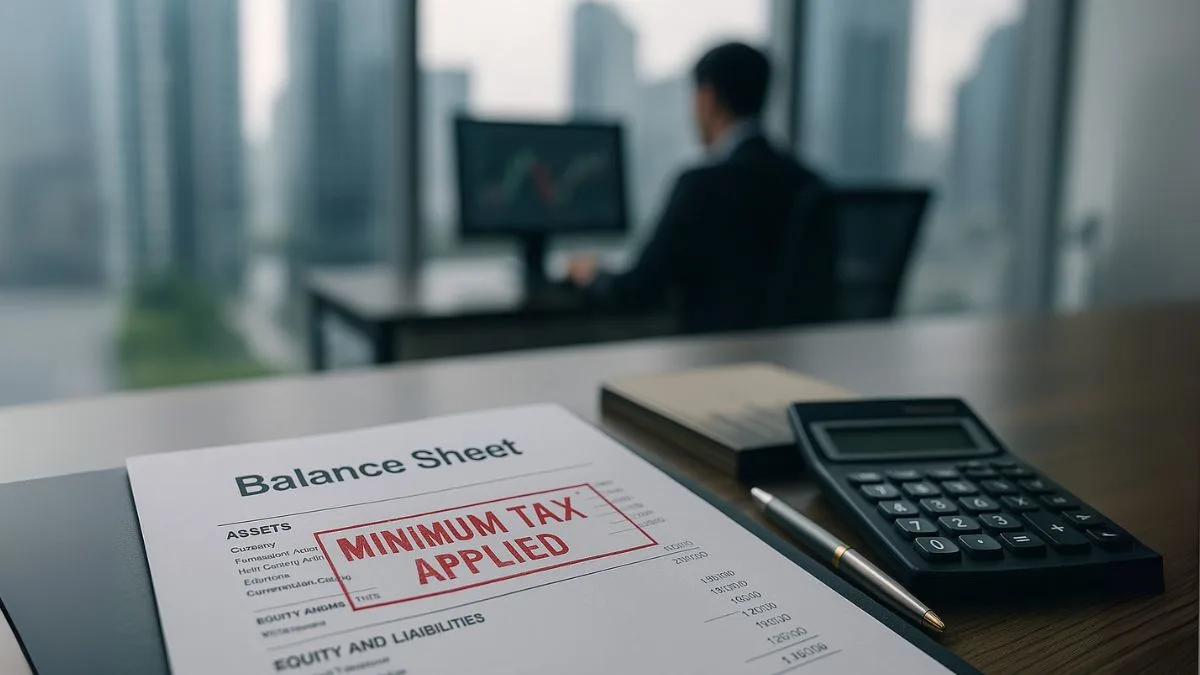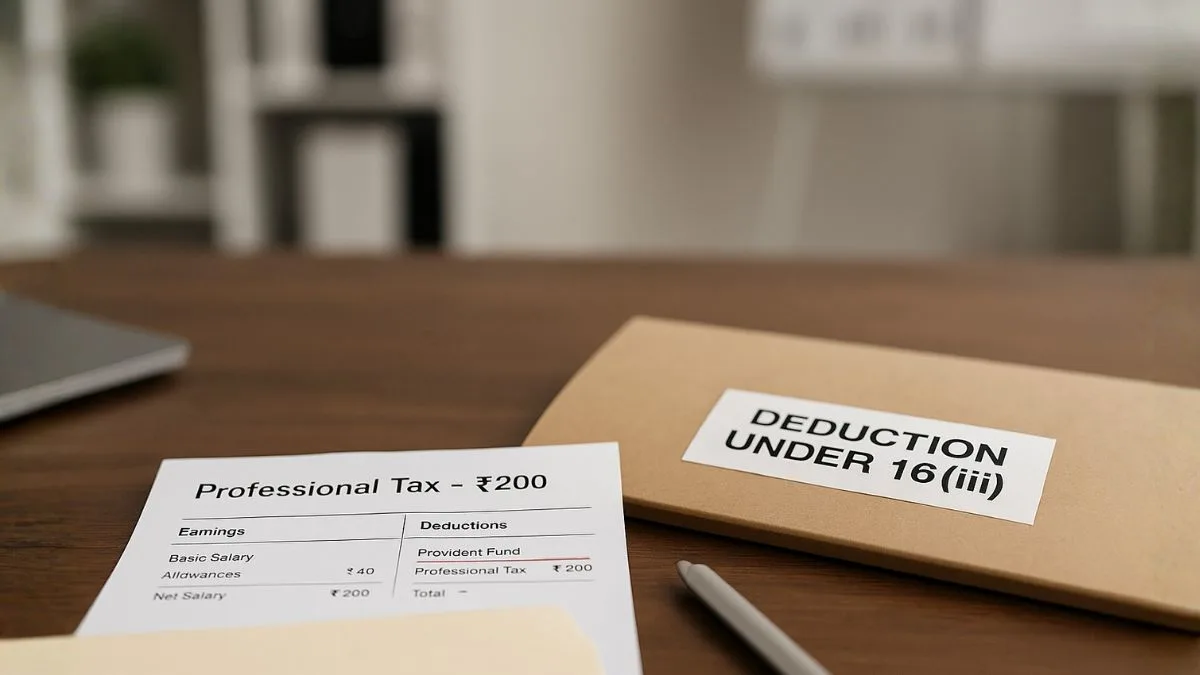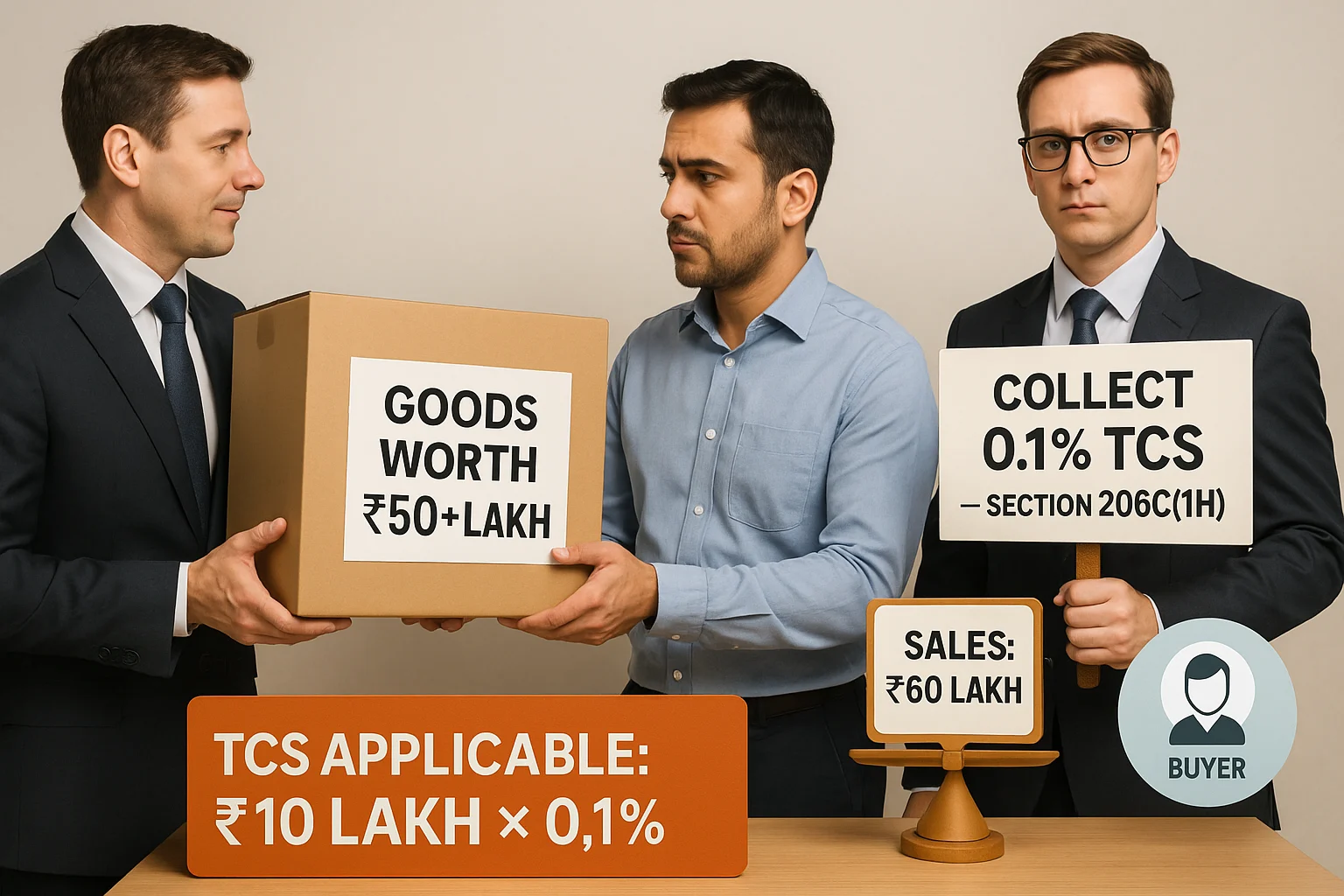
In recent years, the Indian government has introduced several tax compliance measures to bring transparency & widen the tax base. One such important provision is Section 206C(1H) of the Income Tax Act, which deals with the collection of Tax Collected at Source (TCS) on the sale of goods.
If you are a seller whose turnover exceeds a certain limit, this section directly affects you. Let’s break down this provision in simple words—who needs to comply, how TCS is collected, & what every business owner must know.
What is Section 206C(1H) of the Income Tax Act?
Section 206C(1H) of the Income Tax Act mandates that every seller of goods whose turnover exceeds ₹10 crores in the preceding financial year must collect TCS at 0.1% on the sale consideration exceeding ₹50 lakhs from each buyer in the current financial year.
In short:
✅ If you are a seller with a turnover above ₹10 crores,
✅ And you receive more than ₹50 lakhs from a single buyer in one financial year,
✅ You must collect TCS @ 0.1% on the amount exceeding ₹50 lakhs.
This provision came into effect from 1st October 2020 & applies to most large businesses in India.
Why Was Section 206C(1H) Introduced?
The objective behind Section 206C(1H) is to:
✔ Track high-value transactions.
✔ Bring more businesses and buyers into the formal tax network.
✔ Minimize tax evasion.
It acts as a tool for the government to collect data on large purchases & ensure that tax is collected at the point of sale.
Who is Required to Collect TCS under Section 206C(1H)?
👉 Sellers with turnover exceeding ₹10 crores in the preceding financial year.
👉 Selling goods (not services).
👉 Collecting payments exceeding ₹50 lakhs from a single buyer in a financial year.
It is important to note that this provision is applicable on receipt of consideration, not at the time of raising the invoice.
Key Highlights of Section 206C(1H):
✅ Rate of TCS: 0.1% (0.075% for FY 2020–21 due to COVID-19 relief).
✅ Threshold: ₹50 lakhs per buyer in a financial year.
✅ Applicable only on the sale of goods—services are excluded.
✅ TCS applies to the amount exceeding ₹50 lakhs.
✅ TCS is to be collected at the time of receipt of consideration.
Practical Example of Section 206C(1H):
Let’s say ABC Ltd. has a turnover of ₹15 crores in FY 2023–24. In FY 2024–25, they sell goods worth ₹70 lakhs to Mr. X.
- TCS will apply on ₹20 lakhs (₹70 lakhs – ₹50 lakhs threshold).
- TCS amount = 0.1% of ₹20 lakhs = ₹2,000.
- ABC Ltd. will collect this TCS from Mr. X when receiving payment."
Exceptions to Section 206C(1H):
❌ TCS under Section 206C(1H) is not applicable if:
- The buyer is the Central Government, State Government, Embassy, Consulate, or High Commission.
- The goods are covered under other TCS provisions like alcohol, scrap, tendu leaves, etc.
- If the buyer deducts TDS on the same transaction.
Compliance Requirements for Section 206C(1H):
✅ Collect TCS at the prescribed rate.
✅ Deposit TCS with the government within the due dates.
✅ File Quarterly TCS Returns (Form 27EQ).
✅ Issue TCS Certificates (Form 27D) to buyers.
Failure to comply may result in:
🚫 Interest on late payment of TCS.
🚫 Penalties under the Income Tax Act.
Frequently Asked Questions (FAQs):
Q1. Does TCS apply to export sales?
No, Section 206C(1H) does not apply to goods exported outside India.
Q2. What if the buyer provides a PAN?
TCS is still applicable at the regular rate. If PAN is not provided, a higher rate of 1% applies.
Q3. Is TCS applicable to the GST component?
As per clarifications, TCS should be calculated on the sale value, including GST if the invoice includes it.
Q4. Can I claim credit for TCS collected under Section 206C(1H)?
Yes, the buyer can claim TCS credit while filing their Income Tax Return.
Q5. Is this provision applicable to service providers?
No, this provision applies only to the sale of goods.
Recent Changes and Updates:
The government has clarified certain key aspects through circulars, such as:
- TCS applies on receipt of payment, not at the invoice."
- Adjustment in case of sales returns or discounts is allowed.
Why Should You Care About Section 206C(1H)?
For Businesses:
✔ Non-compliance can lead to penalties and notices.
✔ TCS collection ensures smoother reconciliation for both buyer and seller.
For Buyers:
✔ TCS is not a cost—it's a tax credit that can be claimed.
✔ Helps in accurate tax reporting.
In today’s highly digitized tax environment, ignoring Section 206C(1H) can invite unnecessary scrutiny."
Conclusion:
Section 206C(1H) of the Income Tax Act is a crucial provision every large seller must be aware of. It ensures tax compliance on high-value goods transactions & keeps both buyers & sellers accountable in the tax system.
With proper implementation & understanding, this section can be seamlessly integrated into your business process without affecting profitability.
👉 Confused about applying Section 206C(1H) or filing TCS returns? Let the experts at Callmyca.com handle it for you—so you stay compliant, stress-free, & penalty-proof. Book your consultation today!

